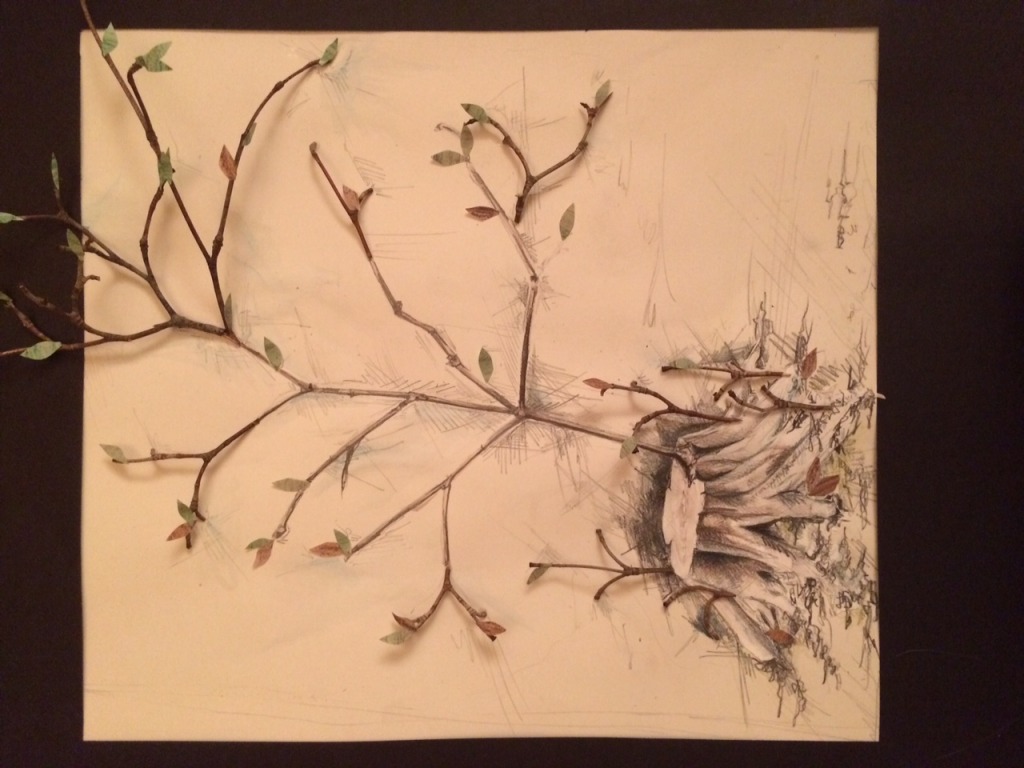Readings: Psalm 80:1-7; Jeremiah 31:31-34; Hebrews 10:10-18
The days are surely coming, says the Lord, when I will make a new covenant with the house of Israel and the house of Judah. It will not be like the covenant that I made with their ancestors when I took them by the hand to bring them out of the land of Egypt – a covenant that they broke, though I was their husband, says the Lord. But this is the covenant that I will make with the house of Israel after those days, says the Lord: I will put my law within them, and I will write it on their hearts; and I will be their God, and they shall be my people. No longer shall they teach one another, or say to each other, “Know the Lord,” for they shall all know me, from the least of them to the greatest, says the Lord; for I will forgive their iniquity, and remember their sin no more. Jeremiah 31:31-34, NRSV
I’d put this one in the “too good to be true” category. Imagine a promise of God that the covenant will be written in our hearts. Jeremiah seems to be saying that someday we’ll be struck by a holy zap that will transform us. We won’t have to do anything. In an instant we will live as God wants us to live. We will love our neighbors as ourselves. We will no longer be victims of our own ego needs. We will turn the other cheek and give the shirt off our back. And it will all come easily, naturally. We’ll simply start to live that way. What a promise!
But there’s one word in this passage that should get our attention and help us see that the promise is not what it might seem at first glance. That word is covenant. Covenant is always mutual. It requires action from both parties. What Jeremiah is offering to us is a description of God’s side of the covenant. But there is still our side that needs to be fulfilled. As much as I resist using pietistic evangelical language, I have to admit that it has a way of getting at that side that is both simple and direct: “Let Jesus come into your heart.” You see, that is what the promise shared by Jeremiah is all about—the covenant being written in our hearts. And Jesus is what that covenant is all about, the sign and guarantee of God’s part of the covenant. Our part is a willingness to be open enough, honest enough, courageous enough to let Jesus in.
That, I believe, is one of the reasons for Advent. It is a time of preparation. That preparation isn’t always easy. It takes effort on our part. But in Advent we are more likely to be able to do what it takes, because in Advent we have before us the promise of a covenant fulfilled in the birth, ministry, death and resurrection of Jesus Christ. A covenant written in our hearts isn’t necessarily easy to fulfill, but it is radically different from the old covenant. It is no longer a matter of following rules and regulations, of obeying the law. Now it is a matter of living out the new reality of who we are because Jesus has in fact come into our hearts.
Offered by Jeff Jones, to light our path to Bethlehem.


